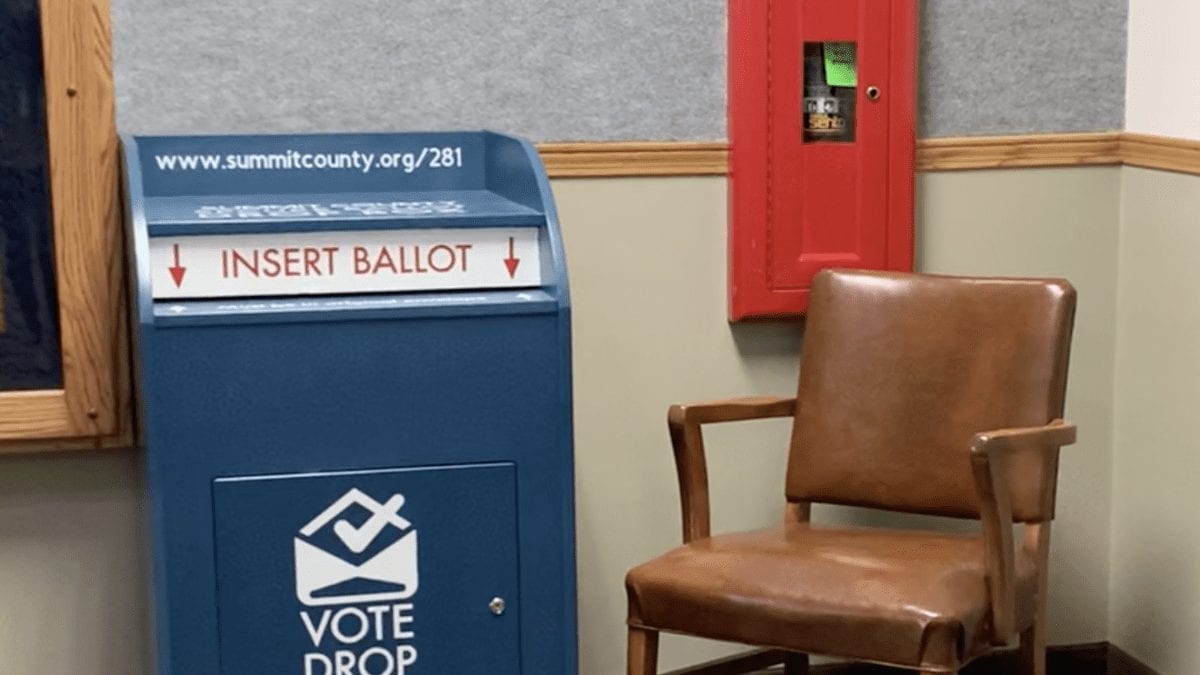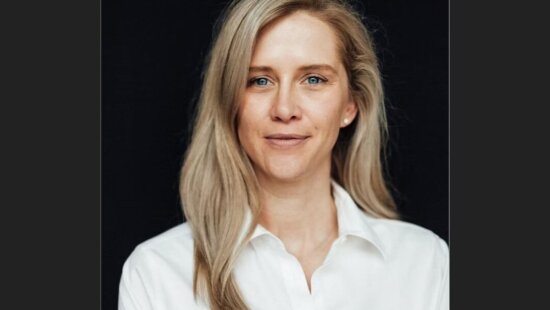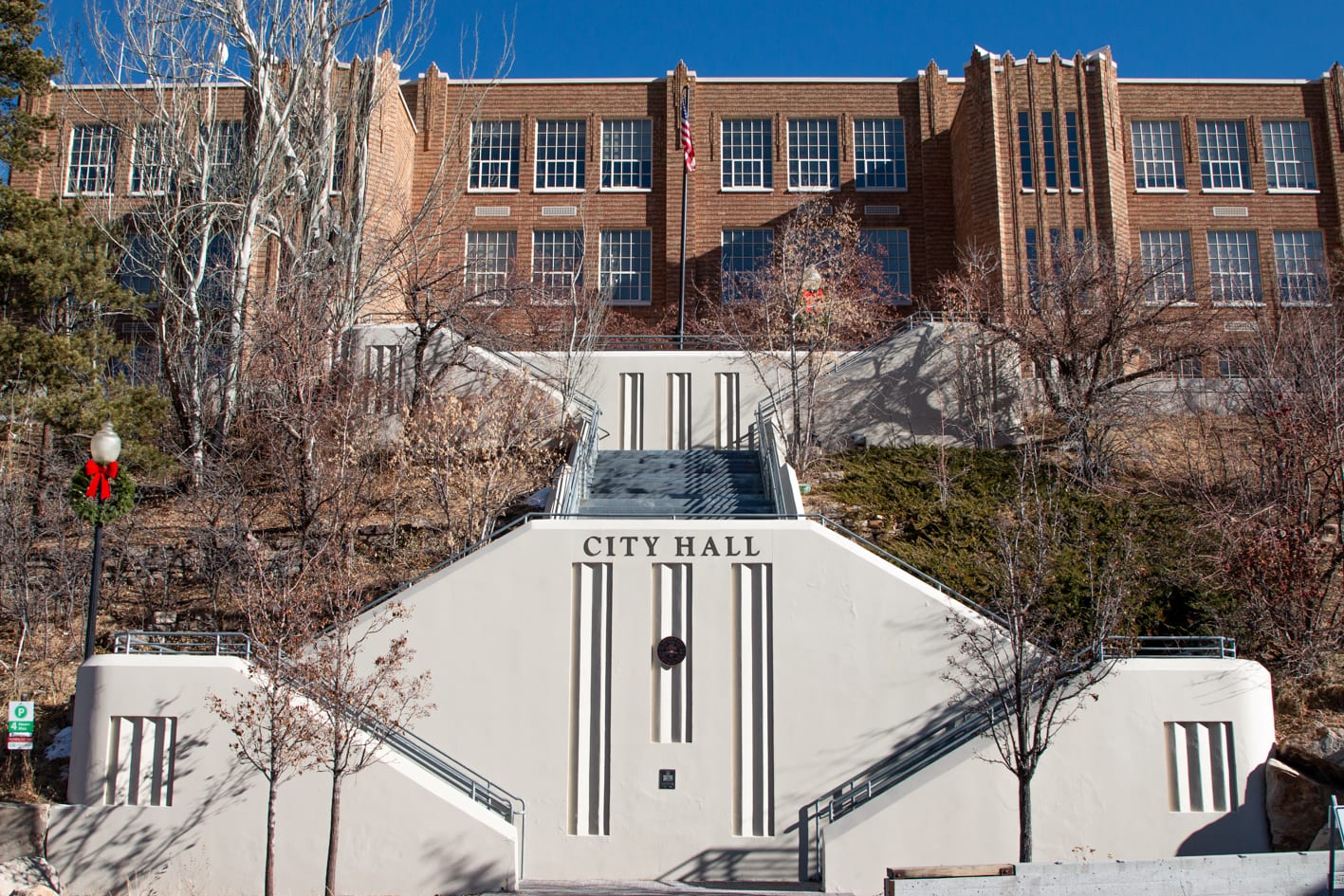Politics
Discussion on Rank Choice Voting reopens at Park City Council meeting

Photo: TownLift // Bailey Edelstein
PARK CITY, Utah – In today’s Park City Council meeting, Council members will continue previous policy discussions regarding the implementation of rank choice voting (RCV) in Park City Municipal elections.
The Council will also provide direction regarding the usage of rank choice voting in the 2025 Mayoral and City Council elections.
The implementation of RCV has been a discussion point for the City Council since January of this year, and the Council has been collecting feedback from the public since May.
The Utah State Legislature passed HB 35 in 2018, which established a ranked choice vote pilot program through January 1, 2026. This allows for communities and municipalities to implement RCV during a municipal election cycle in the state of Utah.
RCV operates through an instant-runoff system for multiple open seats. Candidates must secure more than 50% of the votes to win a seat outright. If no candidate reaches this majority in the initial count, the candidate with the fewest votes is eliminated, and their votes are reallocated to the next preference on the voters’ ballots. This process repeats until a candidate surpasses the 50% threshold, ensuring a clear majority.
Current Park City Council Member Ryan Dickey recently spoke with the TownLift to discuss the possibility of Park City Municipal implementing rank choice voting.
“Around the time of our last election, and having just gone through an election, seeing the absurdity of how long an election is in Park City -of having a primary and a general election- we could just have an instant run off, and we could spare residents eight months of campaigning,” Dickey said.
Dickey mentioned how the upcoming discussion in the City Council will be focused on giving direction to Park City staff on whether they want to reconvene and prepare an ordinance to vote on.
The Park City Council conducted a survey to gather public opinion on the possibility of using RCV, of which one of the chief concerns of respondents included a lack of trust in the system and preference to traditional voting methods.
Dickey believes that mistrust in the RCV system stems from a misunderstanding of how it works.
“The idea is that when people don’t understand how it works, they can distrust the outcome,” Dickey said. “Especially in elections with ranked choice voting, when the person who had the most first choice votes and then wins the supporters of another candidate, people cannot understand it or feel it’s unfair.”
“That’s a downside of ranked choice voting. I think you see in subsequent elections, once you go through it, then communities do understand it and really accept it and embrace it, but that first time there can be some confusion and some hard feelings.”
If directed to move to RCV for the 2025 municipal election, the City Council must conduct a public hearing and approve a resolution to participate in the 2025 RCV election pilot program prior to May 1, 2025.



















